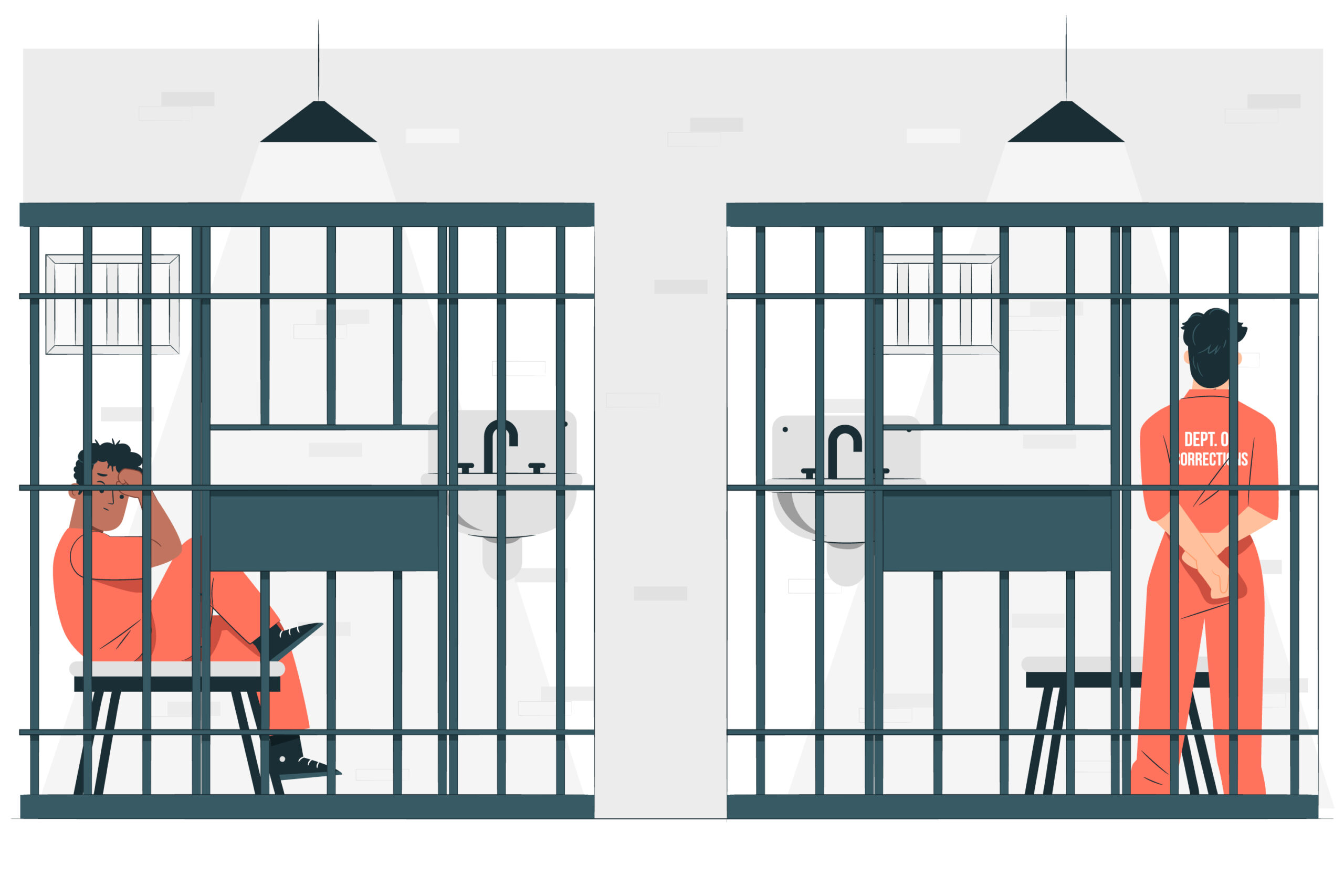Now Reading: Federal Good Time Credits: What Are They?
-
01
Federal Good Time Credits: What Are They?

Federal Good Time Credits: What Are They?
A crucial aspect of the U.S. prison system, federal good time credits are intended to reward good behavior and involvement in rehabilitation programs. By providing an organized method of rewarding adherence to prison regulations and participation in positive activities, these credits enable qualified federal prisoners to have their jail terms reduced.
Good time credits, which are established by federal law and include reforms such as the First Step Act, are a vital tool for encouraging rehabilitation and reducing prison overcrowding.
This article explores what federal good time credits are, how they work, and their broader implications.
What Are Federal Good Time Credits?
Inmates who maintain good behavior and follow prison rules are eligible for sentence reductions known as federal good time credits. They are an important part of a larger initiative to change imprisonment from a punitive to a rehabilitative process. Although good time credits are available in both state and federal prison systems, federal good time credits are only applicable to inmates incarcerated in federal facilities.
The First Step Act of 2018, which changed some aspects of the federal prison system to give prisoners additional chances to receive sentence reductions, is the main law that governs these credits. The concept encourages offenders to actively participate in rehabilitation programs, uphold discipline, and contribute to a safer prison environment by providing good time credits.
How Federal Good Time Credits Operate
Who is Eligible?
Not every prisoner is eligible for federal good time credits. An inmate must follow prison regulations, abstain from disciplinary violations, and participate in authorized educational, vocational, or other programs to be eligible.
However, some criminal groups could not be eligible to get these credits, such as those guilty of violent offenses, terrorism, or major drug offenses.
How is it Calculated?
The First Step Act expanded and clarified the computation of federal good time credits, enabling qualified prisoners to accumulate up to 54 days of credit for each year of their prison sentence, as long as they fulfill the requirements. The calculation was formerly based on time served, but the modifications changed this to match the sentence duration, providing a more uniform method.
For instance, a prisoner serving a 10-year sentence who behaves well during their imprisonment may be eligible for a sentence reduction of more than a year. However, earned credits may be diminished or eliminated due to disciplinary infractions, highlighting the importance of regular compliance with prison rules.
How is it Applied?
A prisoner’s sentence can be shortened by applying federal good time credits directly. This could result in an earlier release date for some prisoners and a faster move to halfway house or supervised release programs for others. For prisoners, this approach provides a tangible incentive to strive for rehabilitation and reintegration.
The Advantages of Federal Good Time Credits
For Prisoners
Good time credits give prisoners a clear path to sentence reduction, which motivates them and offers hope. Inmates may regain some control over their situation by taking part in authorized activities and acting appropriately, which is essential for their mental health and chances for the future.
For the Judicial System
A recurring problem in the U.S. is prison overcrowding, which is lessened by the federal good time credit system. The approach also helps create a better jail environment by promoting good behavior, which results in fewer fights and infractions. Additionally, participating in educational and vocational programs helps offenders become more prepared for life outside of prison, which may reduce recidivism rates.
For Society
Federal good time credits help prepare prisoners for reintegration into society from a sociological standpoint. Reduced sentences and the skills acquired via rehabilitation programs increase the likelihood that ex-offenders will make valuable contributions to society, which lessens the burden on the criminal justice system and taxpayers.
Challenges and Criticisms
Though the federal good time credit system has several advantages, it comes with its own set of drawbacks. A major drawback is that offenders have unequal access to programs that allow them to earn credits. Some offenders may be at a disadvantage since there are sometimes few spots available in educational and vocational programs in overcrowded federal prisons.
The inconsistent and unclear process of granting good time credits is another issue. Inmates may become frustrated if they don’t fully comprehend how their credits are determined or if their application to their sentences is delayed.
Furthermore, some critics argue that the good time credit cap of 54 days per year is insufficient to significantly shorten sentences or encourage more significant behavioral change.










